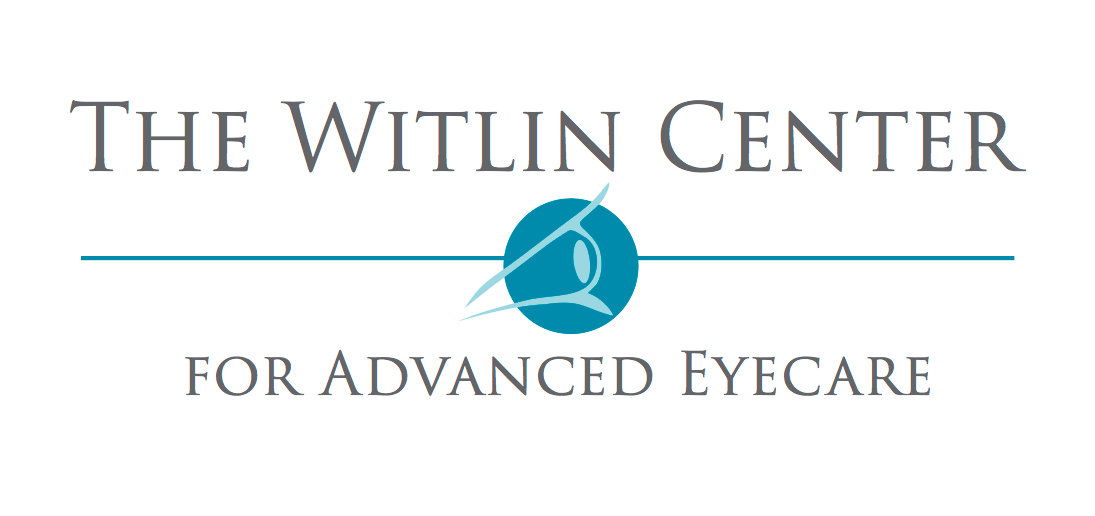
20 Apr Are Lens Implants Right for You?
If you’re a good candidate for cataract surgery, chances are you’re a good candidate for intraocular lens implants. When a cataract is removed, the clouded lens needs to be replaced so that your retina can focus on images and light at various distances. Prior to lens implants, thick glasses and removable contacts served as the only options.
The majority of patients who choose to have cataract surgery have lens implants inserted to replace the clouded lens removed during surgery. At the Witlin Center for Advanced Eyecare, we’ve put together important information about intraocular lenses to help you get an idea if they’re right for you.
Intraocular Lens Technology
You have a wide variety of lens implants to choose from. The type of lens implant you ultimately get depends on your visual needs and lifestyle. Most lens implants are made of silicone or acrylic and have a special coating to protect your eyes from the sun’s ultraviolet rays. Before you move forward with cataract surgery, you need to choose a type of lens.
Monofocal Lens
Monofocal lens implants are the most common type of lens. These lenses focus at one distance — up close, medium range, or long distance. Many patients set the power at far distance and use glasses for reading or other up-close visual needs. Here are some advantages of monofocal lenses:
- Often fully covered by insurance and Medicare
- Most affordable type of lens
- Better visibility in low light
- Maintain contrast
- Toric monofocal lenses correct astigmatism
The primary compromise with choosing a monofocal lens is that it can only target one distance, leaving you dependent on some form of correction, usually glasses, for further correction. However, for many patients, the compromise is worth it.
Multifocal Lens
Multifocal lens implants enable good vision at a range of distances. Patients who feel it’s a top priority to have their close and distance vision corrected are good candidates for this type of lens. Multifocal lenses have the following advantages:
- Corrects near and far vision
- Improves intermediate vision
- Reduces need for glasses
The primary compromises with choosing a multifocal lens technology include:
- Usually not covered or only partially covered by insurance
- Loss of contrast
- Less clear vision in low light
- Improved, but potentially less clear vision at mid-range
Some newer multifocal lenses improve contrast at night and reduce the chance of issues like halos. If it’s more important for you to correct both near and far distance vision and you understand the compromises, multifocal lenses are a good option.
Non-Cataract Candidates
If you’re thinking of having surgery to correct your vision, it may surprise you to know that lens implant technology is an option.
While lens implants are most commonly used to replace the clouded lens removed during cataract surgery, patients without cataracts are increasingly choosing lens implants to correct a range of vision problems. Additionally, if you’re age 40 or older, an advantage of lens implants over LASIK is that getting a lens implant provides protection against developing cataracts in the future.
Intraocular Lens Consultation
Coming in for a consultation is the only way to know whether lens implants are right for you. At the Witlin Center for Advanced Eyecare, we have three convenient locations, in East Brunswick, Toms River, and Morristown, New Jersey.
An ophthalmologist performs a comprehensive eye exam to check your eye health and identify any risk factors. As part of the screening, the ophthalmologist takes measurements to determine your degree of farsightedness, nearsightedness, and astigmatism. You have the opportunity to ask questions, weigh the pros and cons, and decide if lens implants are the right option..
The team at The Witlin Center for Advanced Eyecare is eager to speak with you about your potential candidacy for lens implant corrective technology. To learn more, call or use our online booking form to schedule a consultation.


Sorry, the comment form is closed at this time.